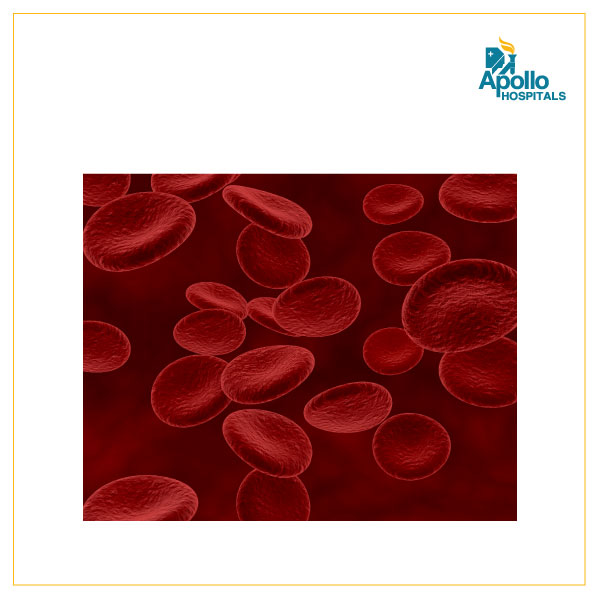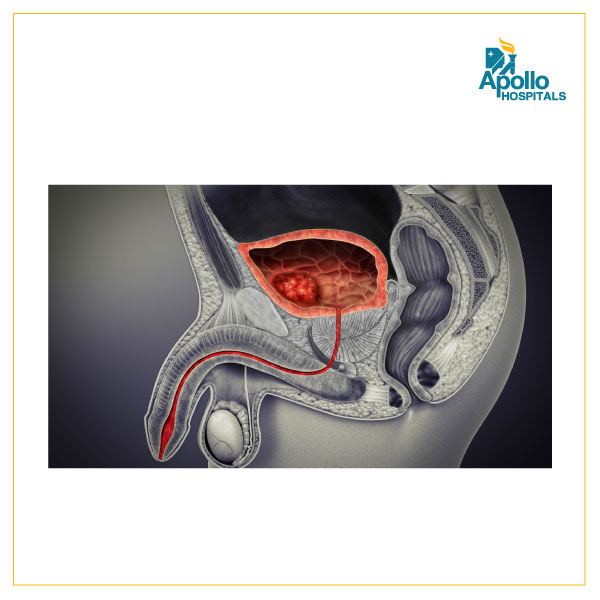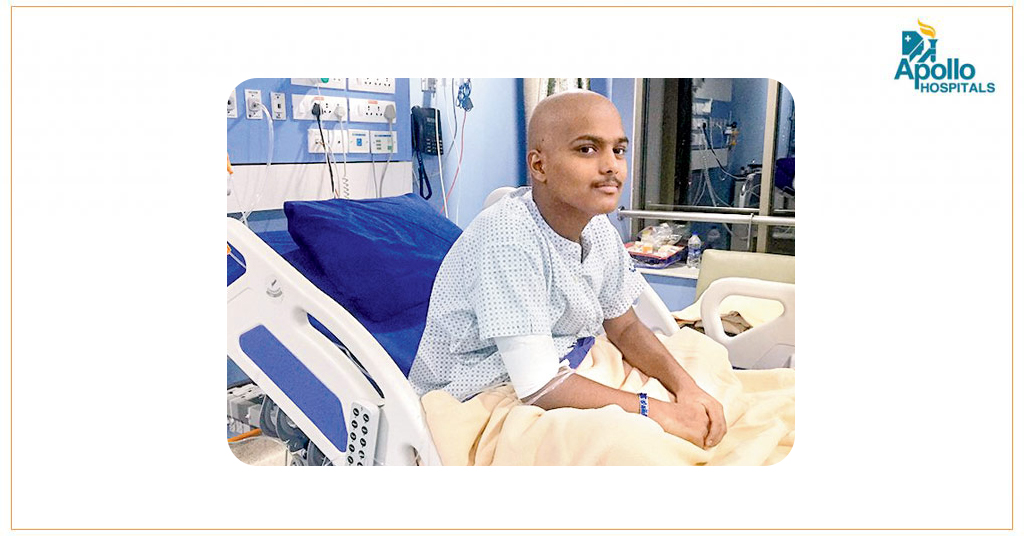Clinical Excellence
- 1393 Views
- Apollo Hospital Mumbai
- June 10, 2022
Management of Hypertension
Hypertension (high blood pressure) is defined as persistent rise in blood pressure. Blood pressure has two components, one is systolic and another is diastolic. Systolic blood pressure (SBP) of ≥140 mmHg and/or diastolic blood pressure (DBP) of ≥90 mmHg is called hypertension. It is a common condition that increases the risk for many heart illnesses,
- 1660 Views
- Apollo Hospital Mumbai
- June 4, 2022
What to do when breathless is an emergency?
What to do when breathlessness is an emergency? Most of the emergency calls are usually related to shortness of breath or dyspnea. It can occur due to an underlying medical condition or manifest due to other conditions such as strenuous activities like running or climbing stairs very fast. However, in such cases, breathing becomes normal
- 1701 Views
- Apollo Hospital Mumbai
- May 26, 2022
Thalassemia
Thalassemia Thalassemia is an inherited blood disorder that affects your body’s ability to produce haemoglobin. Individuals with thalassemia present with severe anemia and enlargement of liver and spleen needing medical treatment in the first two years of life. It is a common genetic disorder and in India about 10,000 -20,000 children are born every year
- 1279 Views
- Apollo Hospital Mumbai
- May 19, 2022
Dermabrasion
Dermabrasion Dermabrasion is a surgical procedure performed in a professional medical setting by a dermatologist or plastic surgeon trained specifically in this invasive procedure. Dermabrasion is a type of surgical skin planning that has been practiced for many years (before the advent of lasers) and involves the controlled deeper abrasion (wearing away) of the upper
- 2058 Views
- Apollo Hospital Mumbai
- April 18, 2022
Frequently Asked Questions: Clinical Genetics
Frequently Asked Questions: Clinical Genetics What are genetic diseases? Genetic diseases are caused due to change in DNA sequence apart from normal. It may be due to change in one gene (single gene disorders), multiple genes (multigenic disorders), interaction between genes and environment (multifactorial diseases), or change in structure or number of chromosomes. With progress
- 1511 Views
- Apollo Hospital Mumbai
- April 13, 2022
Bladder Cancer
Bladder Cancer What is Bladder Cancer? Urinary bladder is a reservoir which stores urine coming from kidneys temporarily. Cancer arising from the cellular lining of the bladder would be called as carcinoma bladder or bladder cancer. Does bladder cancer spread fast? Bladder cancer arises from the inner layer of the wall and slowly goes
- 1278 Views
- Apollo Hospital Mumbai
- March 31, 2022
Esophageal Cancer
Esophageal Cancer Esophagus, or food pipe is a hollow tube responsible for carrying food from the mouth to the stomach. Cancer of the esophagus starts in the cells that line the inside of the esophagus and is one of the cancers most responsible for cancer deaths across the world. While early esophageal cancer presents no
- 1140 Views
- Apollo Hospital Mumbai
- March 31, 2022
Lymphoma
Lymphoma Lymphoma, as the name suggests is the cancer of the lymphatic system, which includes the lymph nodes, spleen, thymus gland, bone marrow, tonsils and mucous membranes. The Lymphatic system is a part of the immune system, responsible for the production of immune cells, removal of excess fluids from the body and removing cellular waste.
- 2577 Views
- Apollo Hospital Mumbai
- March 20, 2022
Why is hypertension a risk factor for diabetes?
Diabetes and hypertension are two common comorbidities. People with hypertension are more likely to develop diabetes than normal individuals as hypertensive people develop insulin resistance (insulin doesn’t work effectively). Insulin is essential for glucose uptake and when the insulin doesn’t work effectively, it causes glucose levels to increase in blood, which eventually leads to diabetes
- 1615 Views
- Apollo Hospital Mumbai
- February 19, 2022
How to Evaluate a Breast Lump?
How to Evaluate a Breast Lump? Breast lumps Breast lump is a mass, swelling, bulge, or bump in the breast that feel different from the remaining breast tissue when palpated or examined. Breast lumps can be cancerous or noncancerous. If a lump is detected, it should be evaluated as soon as possible. Breast lumps are
- November 25, 2024
Multiple Sclerosis (MS): Early Detection and Treatment Matter
- November 25, 2024
Pediatric Kidney Disease: Causes, Symptoms, and Treatment
- November 25, 2024
Obstructive Sleep Apnea (OSA): What You Need to Know?
- November 25, 2024
What is Inflammatory Bowel Disease (IBD) and How Does it Affect You?
- November 25, 2024
How Can You Boost Your Immunity for Better Health?
- Bone Marrow Transplant3
- Cardiac sciences44
- Child Care7
- Clinical Excellence33
- Cosmetology2
- COVID-199
- Diseases4
- Emergency8
- Emergency10
- Endocrinology1
- ENT5
- Fetal Medicine1
- Gastroenterology7
- General Medicine10
- General Surgery3
- Genomic Medicine2
- Gynecology1
- Health14
- Hematology2
- Kidney Transplant5
- Kidney Transplant2
- Liver Transplant6
- Neonatology1
- Nephrology2
- Nephrology & transplant1
- Nephrology & Urology4
- Neurosciences1
- Neurosciences21
- Nutrition/Diet1
- Obstetrics & Gynecology9
- Obstetrics & Gynecology4
- Oncology92
- Oncology3
- Ophthalmology1
- Orthopedic13
- Patient Speak1
- Pediatric Surgery4
- physiotherapy2
- Psychologist2
- Pulmonology2
- Rheumatology1
- Robotic Suregry1
- Robotic Surgery11
- Spine1
- Uncategorized111
- Women Care5










